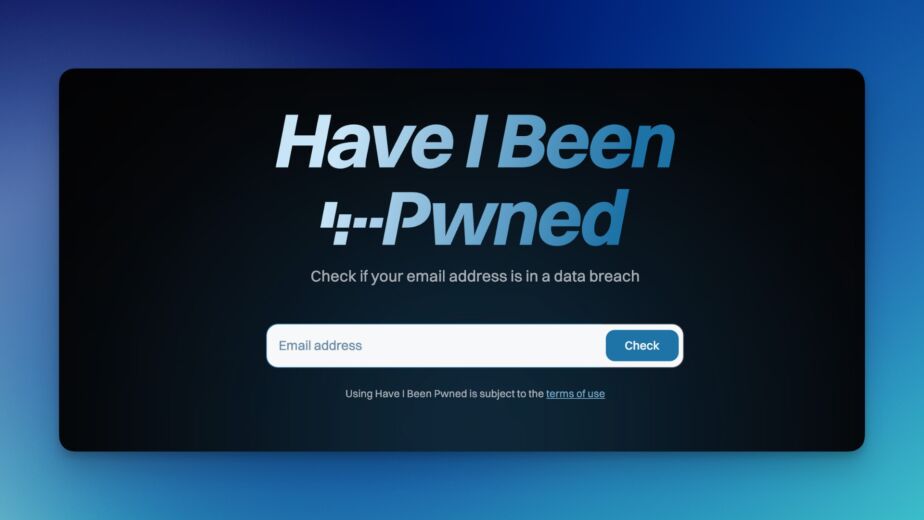You get an email that looks like it’s from your bank, Amazon, or even a friend. It asks you to click a link or confirm your password. Everything looks legit — but it isn’t.
That’s a phishing scam, and they’re getting harder to spot.
What phishing actually is (in simple terms)
- A phishing scam is a fake message designed to trick you into sharing passwords, credit card numbers, or other sensitive information.
- It usually comes as an email, but can also be a text or even a phone call.
- Clicking the link or opening the attachment can hand control to the scammers.
Why phishing works so well
- Scammers copy logos and language so messages look authentic
- They create urgency: “Your account will be locked!”
- They play on curiosity: “Click here to see your invoice”
How to spot the fake: Red flags
- The sender’s email address looks odd (extra letters, numbers, or strange domains)
- Urgent language or scare tactics (“Your account will be suspended in 24 hours”)
- Spelling mistakes or awkward phrasing
- Links that don’t match the company’s real website (hover to check)
- Unexpected attachments or requests for passwords
What to do if you’re unsure
- Don’t click anything – instead, go to your browser yourself and log into your account directly through the official website.
- If it looks like it’s from a friend, double‑check with them first.
- When in doubt, ask us to take a look.
Why it matters
- One wrong click can give hackers access to email accounts or shared files. Often, hackers will lurk and monitor things for weeks before taking action.
- Ransomware often starts with a phishing email.
- For small businesses, reputation damage can be huge if client data is exposed.
How to protect yourself
- Use strong, unique passwords.
- Turn on multi‑factor authentication (with a password manager like 1Password)
- Keep backups – phishing is often the first step before ransomware
- Train yourself (and your staff) to pause before clicking
They’re here to stay
Phishing scams aren’t going away, but with a little caution, you can stay clear.
👉 Not sure about an email you’ve received? Just forward it to us or get in touch, we’ll let you know if it’s safe.



